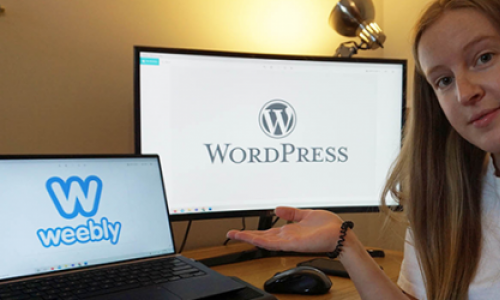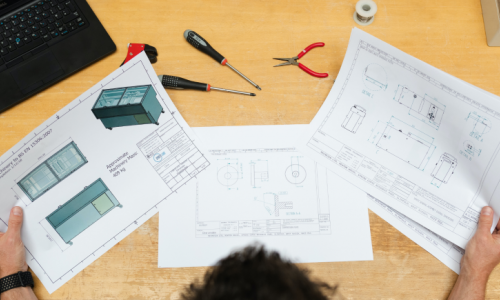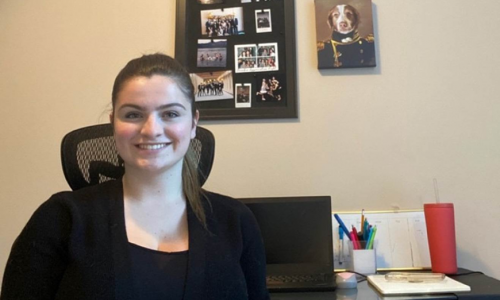
Have you ever felt unsure of your major? As if maybe it is not what you really want to do for the rest of your life? I asked myself the same questions and I discovered my answers because of my co-op experience at Lungpacer Medical Inc. and Kardium.
It is natural in our time as university students to doubt most of our decisions, especially the major we chose to study. After all, we spend five long years working hard to graduate with the hope that we will spend the rest of our lives building a career from it.
In my third year of university I started to get second thoughts about biomedical engineering, as I felt stumped in my courses. It was not pleasant to confront the insecurity and anxiety every day. At this time I was also looking for a co-op placement. I remember it being overwhelming! There were all those posts, which required several skills that I did not have for these really prestigious companies. Naturally, my insecurities took over and I missed the deadlines for most of them.
Lungpacer Medical Inc.
During the last week of the semester I applied to this small company located in SFU called Lungpacer Medical Inc. This is a company which is developing a catheter system to assist in mechanical ventilation. I got an interview the day after the deadline and got a job offer at the end of the week.
My experience at Lungpacer was eye-opening. I had several tasks which included analyzing data in MATLAB and designing a system which acquires and stores physiological data in LabVIEW. The latter experience impacted me deeply. It was the first time I put my hands on pcb mounted circuits. I had to learn its layout and schematic documents as well as configure the appropriate software to manage the circuits. When it worked for the first time I had a rush of confidence in myself, I saw what I was capable of and I was excited to take on more tasks. As the term progressed, the tasks became more varied and biomedical engineering as a whole became incredibly interesting. When I returned to classes I was excited to learn new skills. Because of my co-op experience I learned that I really enjoy stimulating my mind with different areas of engineering, so I made sure that my course load was as varied as possible.
Kardium
I learned a lot from working at Lungpacer Medical Inc., however, I was still lacking that big company experience. I wanted the opportunity to have more challenging tasks and gather more experience, which is why I decided to do another co-op term. This time it was easier to get a placement as I felt more confident in my skills. In the end, I took a job offer at Kardium Inc. This company is developing a catheter solution to atrial fibrillation.
Kardium exceeded my expectations. Their project was close to being commercialized and the company was growing fast when I was there. The tasks assigned to me were all exciting and they never felt tedious or useless. I was taught many amazing techniques to debug hardware. Moreover, I learned how to communicate with electronic board manufacturers and even how to build my own using standard guidelines from the industry. The area that impacted me the most was the manufacturing of a product. It is an area that I did not have the opportunity to see during my time in university so far. Technical knowledge is not the only thing that I learned during my time in Kardium. I was taught that meritocracy benefits engineering and there is a certain pride to the quality of your work. So now that I am returning to class for the last time, I want to produce high quality assignments.
In conclusion, doing co-op semesters answered all my questions about my major. Fortunately, they were all positive and encouraged me to become a biomedical engineer. My advice to any university student is to give the co-op program in their major a chance. It is true that it will delay graduation by a couple of semesters, but it gives a unique perspective of future career possibilities.













